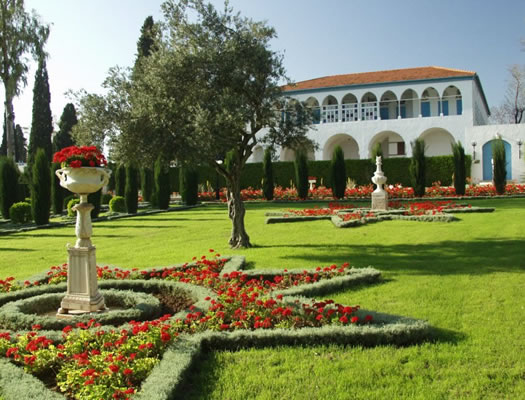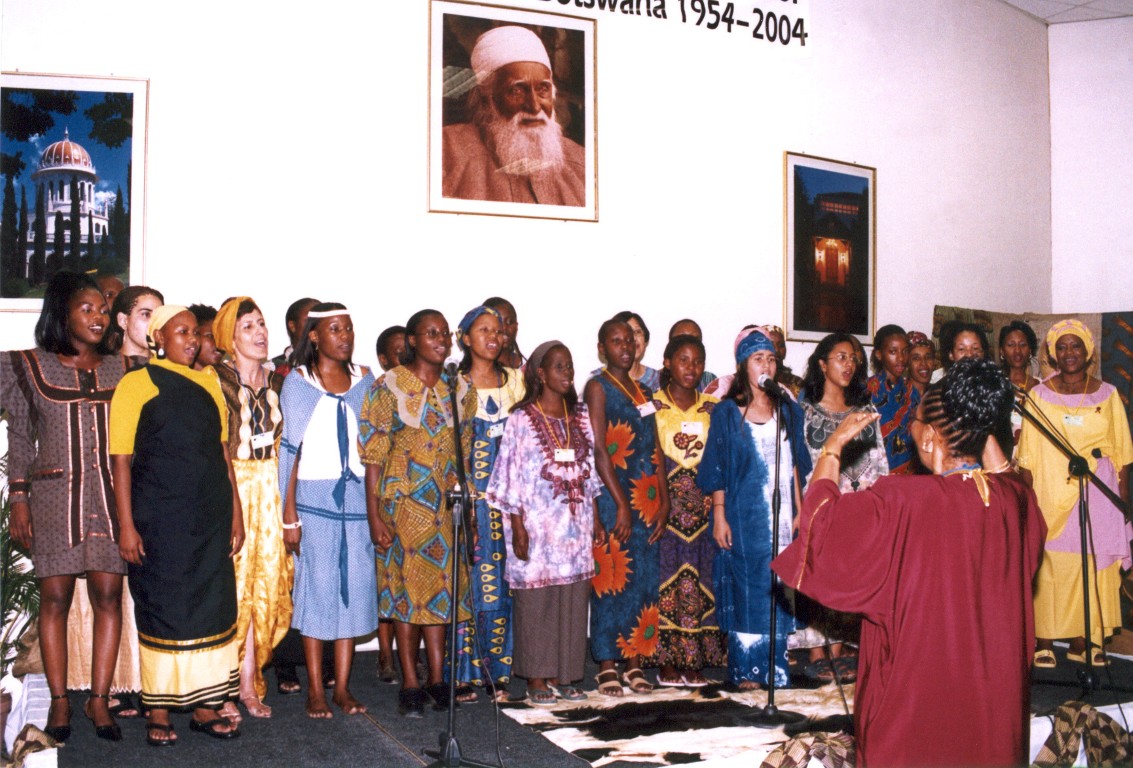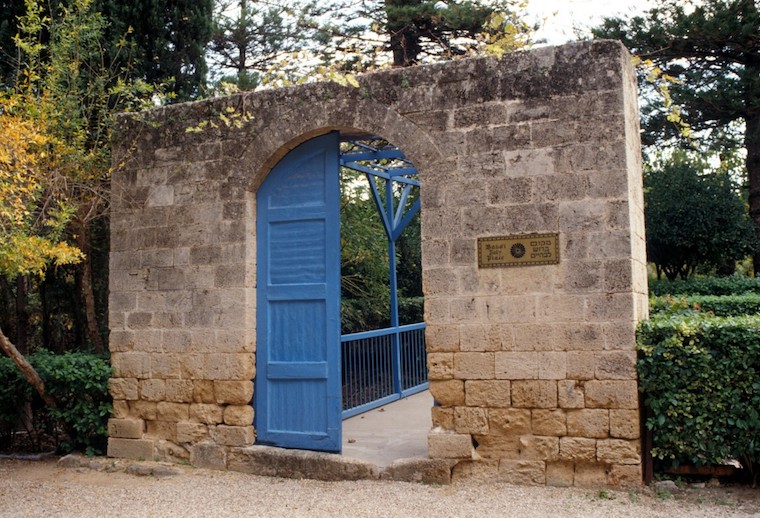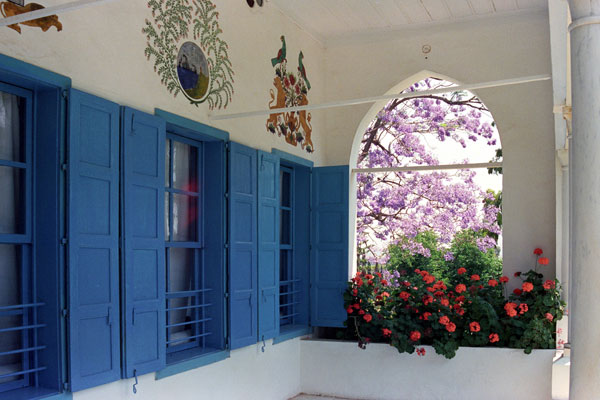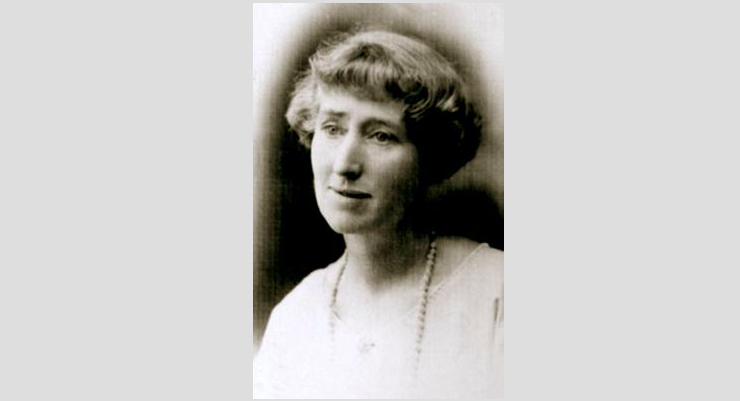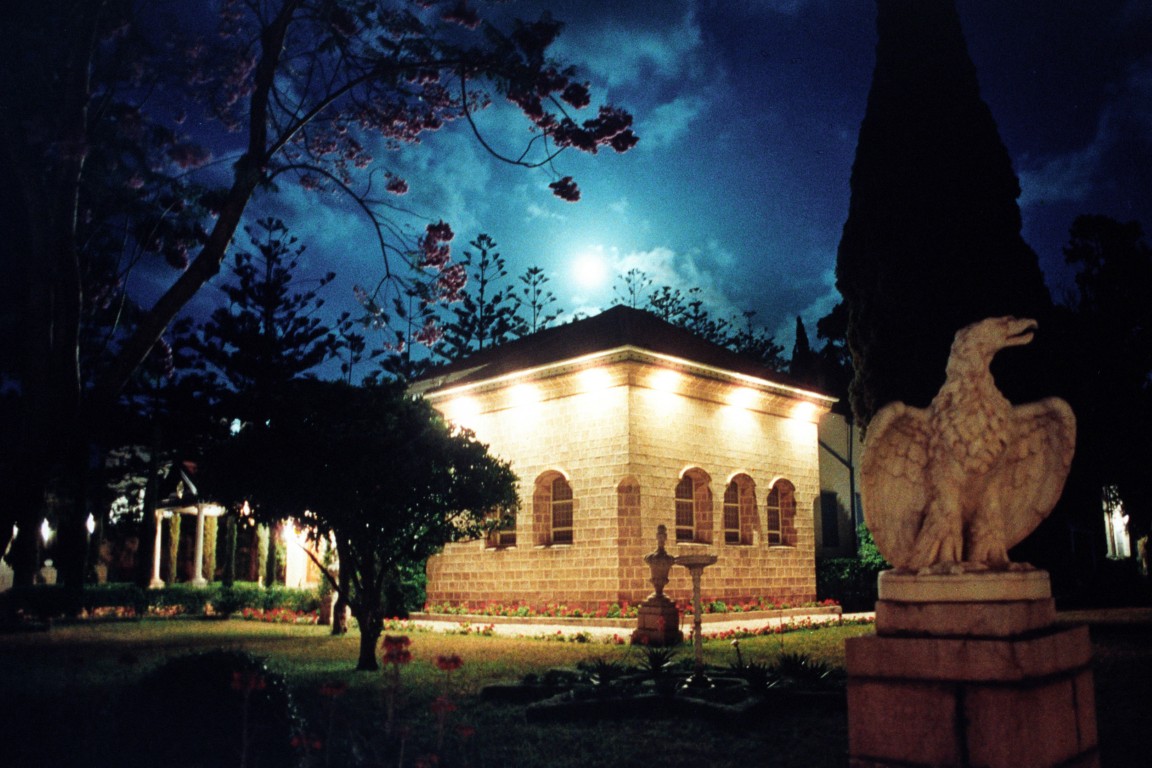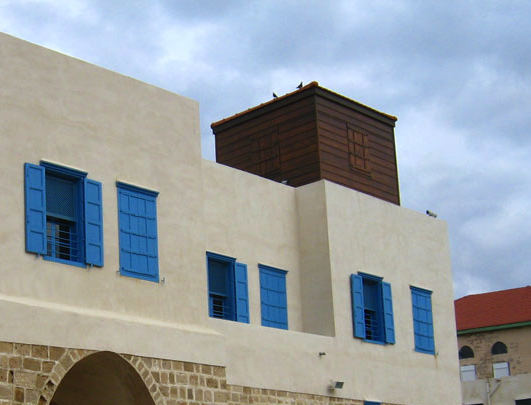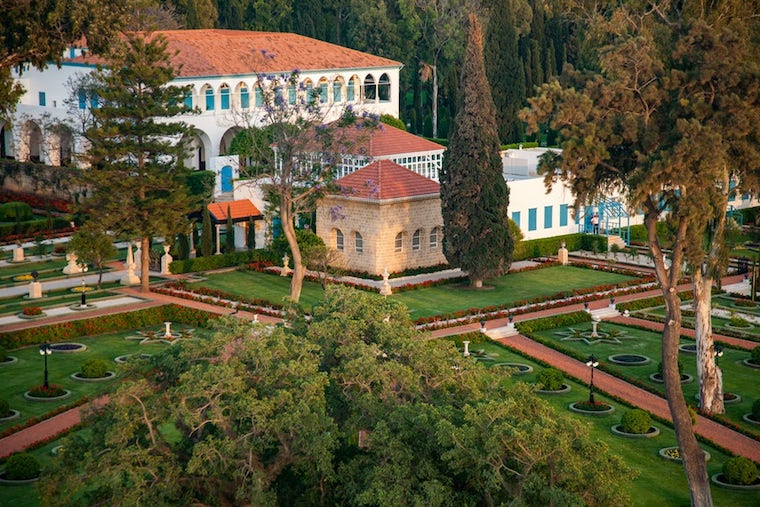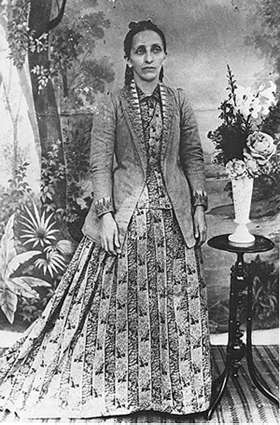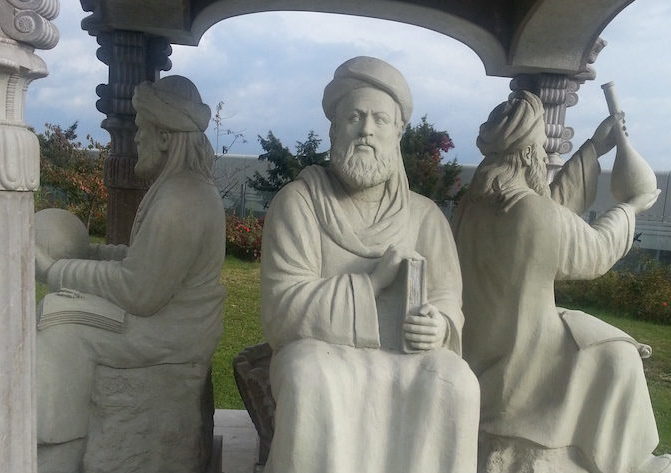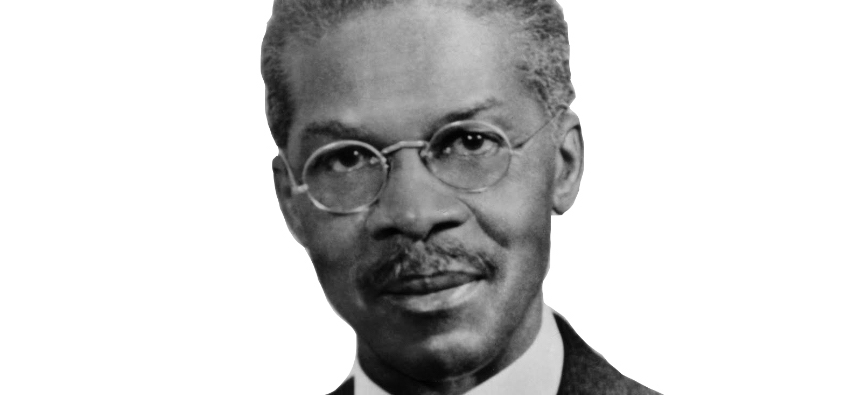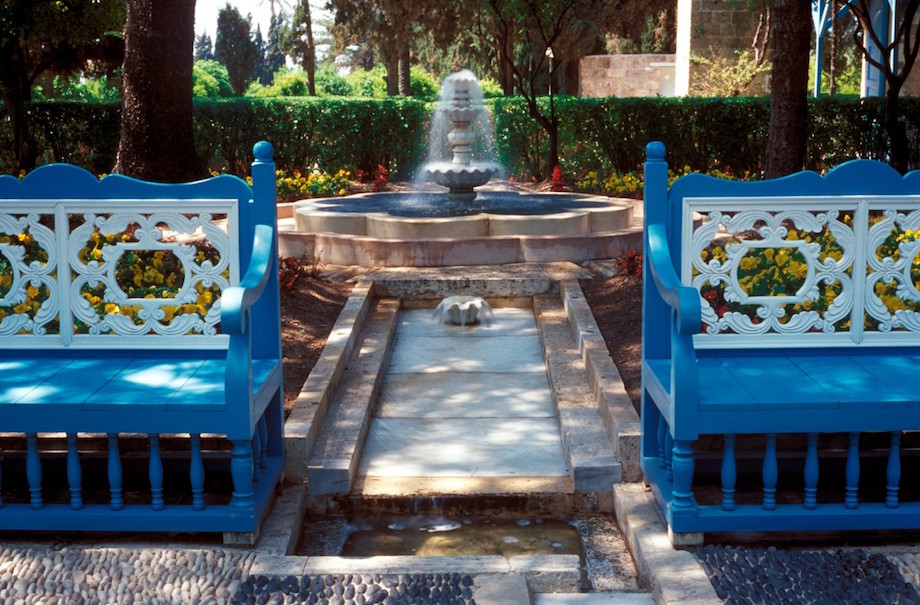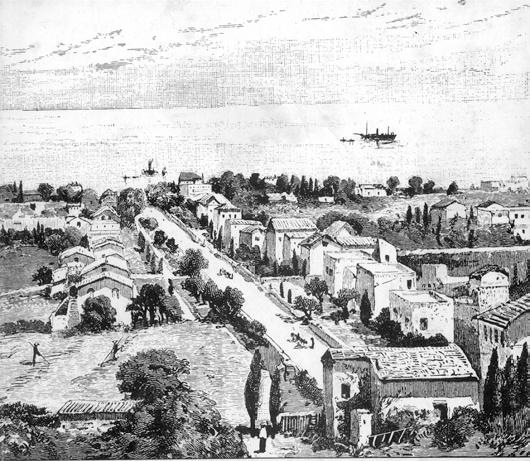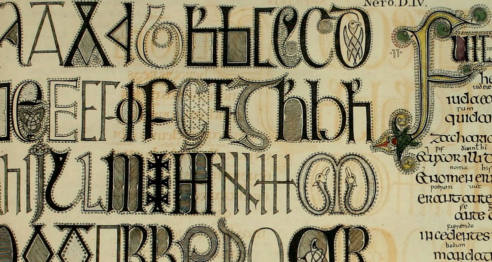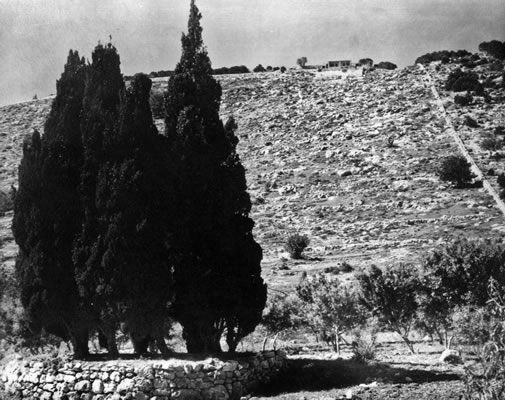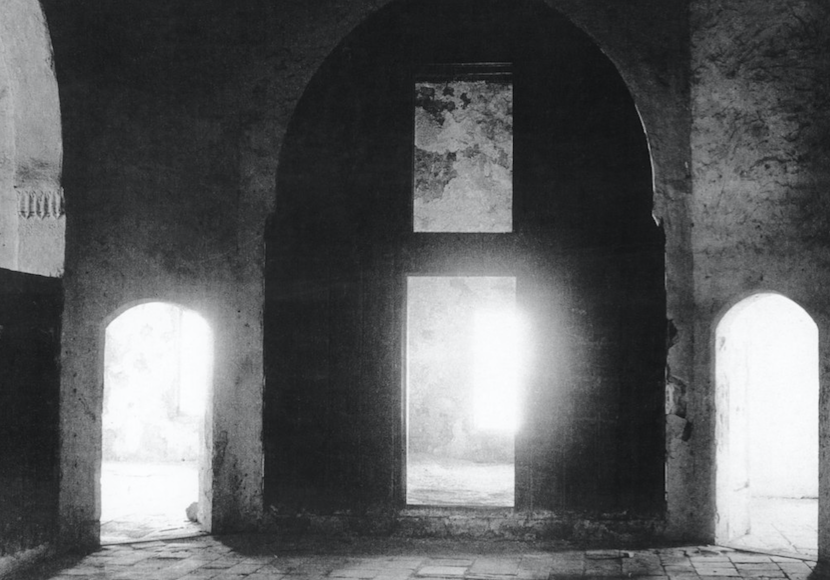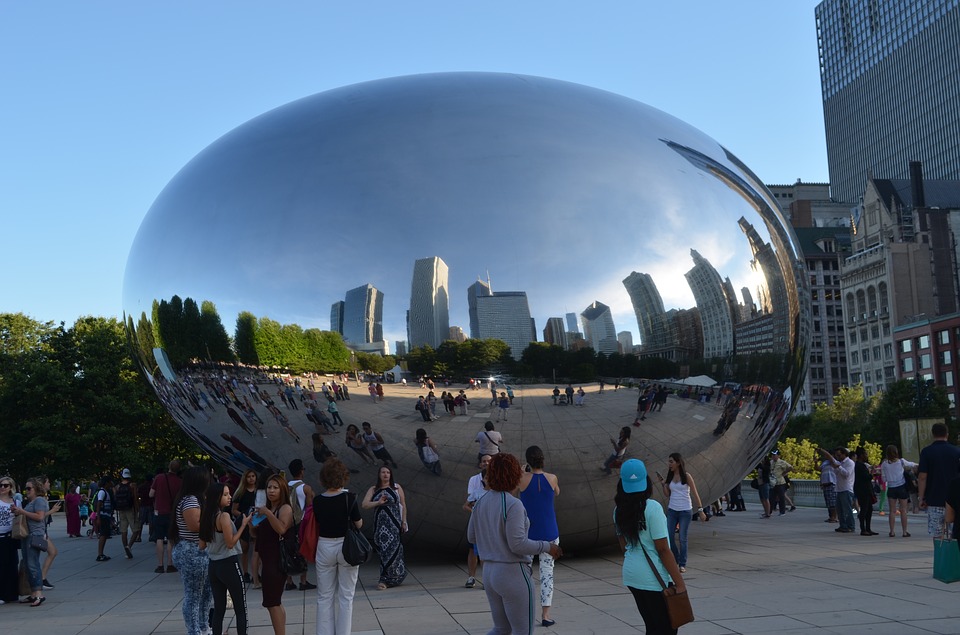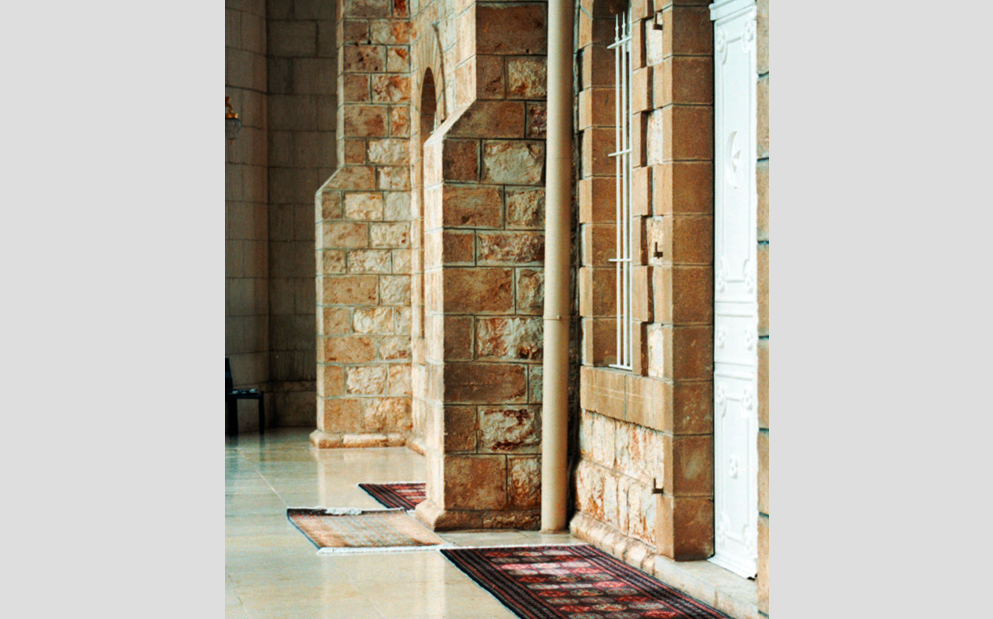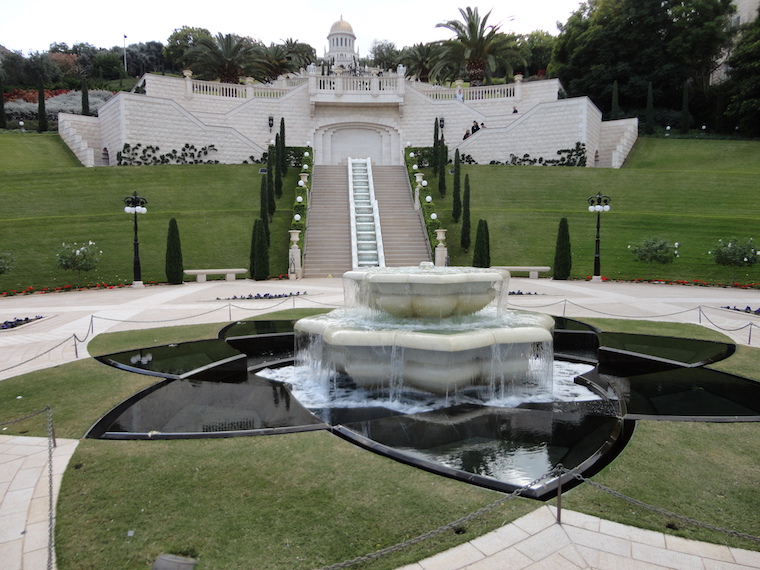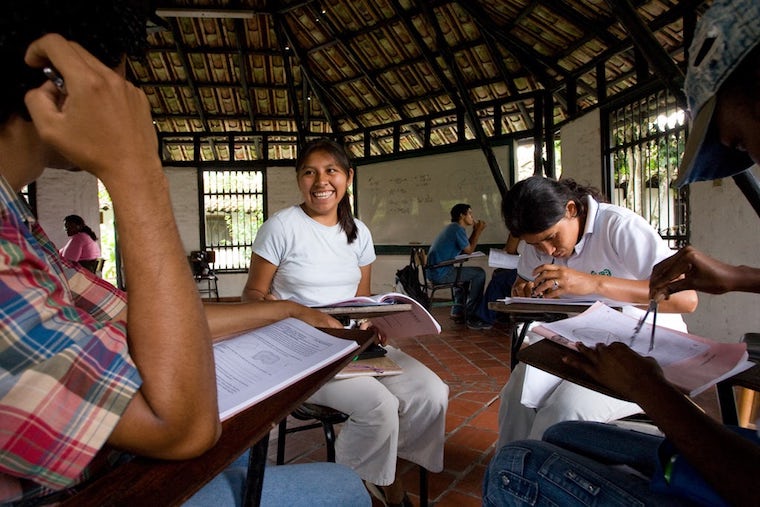Baha'u'llah
-
The Mansion of Bahji and the Shrine of Bahá’u’lláh
In a previous article we explored Bahá’u’lláh’s immediate departure from the prison city of Akka. Although absolute monarchs had ordered his perpetual imprisonment, in the end, the love those around him had for him, including government officers, opened the gates of the prison city and Bahá’u’lláh left the city. No one tried to stop him. In 1879 Bahá’u’lláh and his family moved to a large house known as the Mansion of Bahji. After a lifetime of suffering, Bahá’u’lláh’s final years were spent in this beautiful residence, though the gardens that now surround it were not there during Bahá’u’lláh’s lifetime. Nonetheless, the house was in the countryside and nature beloved by Bahá’u’lláh.…
-
Lawh-i-Maqsud – Principles of the Bahá’u’lláh’s teachings
We have already been exploring the Lawh-i-Maqsud – written in the closing years of Bahá’u’lláh’s life. In addition to the themes already discussed we find some of Baha’u’llah’s most characteristic teachings, a number of which Abdu’l Baha identifies as principles of Bahá’u’lláh’s teachings. Bahá’u’lláh gives us a panoramic vista of unity among human beings illuminating dimension after dimension. The following are brief extracts from this one message. It contains much more. If any man were to meditate on that which the Scriptures, … have revealed, he would readily recognize that their purpose is that all men shall be regarded as one soul … The tabernacle of unity hath been raised;…
-
If the Learned Illuminated the Path to Human Unity …
“The cult of [national sovereignty] has become mankind’s major religion. The intensity of worship of the idol of the national state, is of course, no evidence that national sovereignty provides a satisfactory basis for the political organization of mankind … The truth is the very opposite … It seems fairly safe to forecast that, if the human race survives, it will have abandoned the ideal and practice of national sovereignty.” [Arnold Toynbee, The Reluctant Death of Sovereignty, Center for Study of Democratic Institutions, July 1970] These are the words of a leading historian of the twentieth century. While there are other visionaries like him, there are few who so clearly illuminate…
-
Bahiyyih Khanum
Bahiyyih Khanum was Bahá’u’lláh’s daughter, the younger sister of Abdu’l Baha. She was only 6 when her family’s home in Tehran was ransacked and the family were sent across the snowbound mountains to Baghdad. It was the beginning of a life of in exile and imprisonment with Baha’u’llah and her fellow family members. We have already met her in her accounts of Baha’u’llah’s return from Kurdistan and the family’s entry into the prison of Akka. She was herself a great figure of the Baha’i Faith, at times acting as regent of the religion – when her brother Abdu’l Baha travelled through Europe and America and when her great-nephew Shoghi Effendi…
-
The Lord is Near – the German Templers of Mount Carmel
The nineteenth century was a time of religious expectation. In Persia religious scholars urged their pupils to seek out the Promised One. In the United States confident predictions were made that Christ would return in 1843 or 1844. Similarly, in Germany such expectations arose. Reverend J.A. Bengel of the Pietist movement in Germany predicted that Christ would return in 1837. Like those who were disappointed in America when they did not see Jesus literally descending on the clouds, new religious movements sought other ways to express their aspiration for the Kingdom of God. The German Templers were inspired by a vision of a revitalised “Temple” – true Christian communities which…
-
Further Reflections on a World Language
In Words of Paradise, Bahá’u’lláh returns to the theme of a world language, and indeed he strengthens his counsel. We have formerly ordained that people should converse in two languages, yet efforts must be made to reduce them to one, likewise the scripts of the world, that men’s lives may not be dissipated and wasted in learning diverse languages. Thus the whole earth would come to be regarded as one city and one land.[1] In considering this teaching we might recall Bahá’u’lláh’s explicit comment on the purpose of language. That which is desired of a language is that it convey the intent of the speaker…[2] Like all Bahá’u’lláh’s teachings, each is only…
-
Words of Paradise – the Personal is Universal
The phrase “the personal is universal” captures something of the combination of themes we find in Bahá’u’lláh’s work the Words of Paradise. As we have already seen Bahá’u’lláh connects the personal character of a leader with questions of good governance. Good government requires that those in leadership resist self and passion if they are to rule with justice. Pursuit of personal interest is a probable factor in bad governance. And despite addressing universal questions, particular principles of the Words of Paradise, range freely from the individual to global. Indeed the opening themes are personal. Honesty, virtue, wisdom and a saintly character redound to the exaltation of man, while dishonesty, imposture, ignorance and hypocrisy lead…
-
Dimensions of Unity: the Lawh-i-Ittihad
The theme of unity is woven explicitly and implicitly into Bahá’u’lláh’s mission and teachings. It is the entire purpose of his mission. In the Lawh-i-Ittihad, Bahá’u’lláh discusses some of the dimensions of unity. An authorised English version of this work is not available as yet, although descriptions of this work are available in Adib Taherzadeh’s fourth volume and Moojan Momen has provided a description and provisional translation. The following is a translation of two passages of the Lawh-i-Ittihad appearing in a letter of the Universal House of Justice. And amongst the realms of unity is the unity of rank and station. It redoundeth to the exaltation of the Cause, glorifying it…
-
Cycles of Time: The World Is Not About to End
A further question answered by Bahá’u’lláh in the Tablet to Vafa, is about the concept of “return”. The concept changes utterly religious expectations about the future (at least in the Abrahamic traditions). The world will not be destroyed in a literal “Day of Judgment”. Know thou that the end is like unto the beginning. Even as thou dost consider the beginning, similarly shouldst thou consider the end, and be of them that truly perceive.[1] This suggests not linear time (which is the primary way in which we think about time in the current world); but rather cycles of time. To illustrate the concept Bahá’u’lláh recalls that the Bab has stated that…
